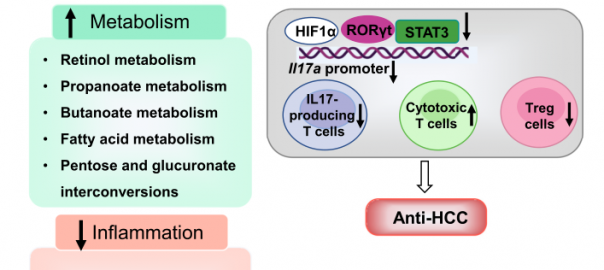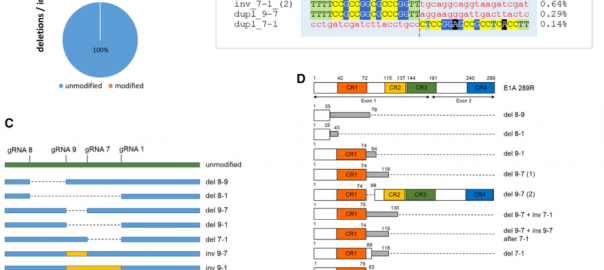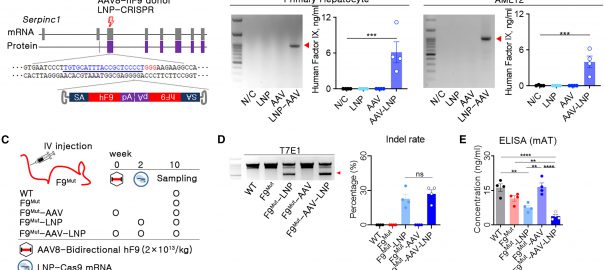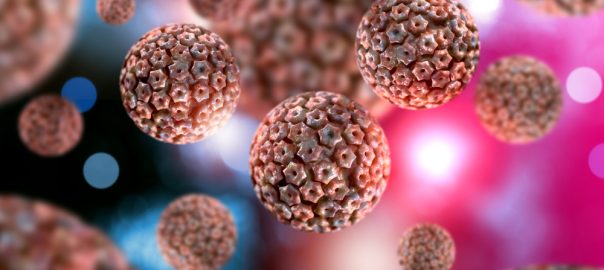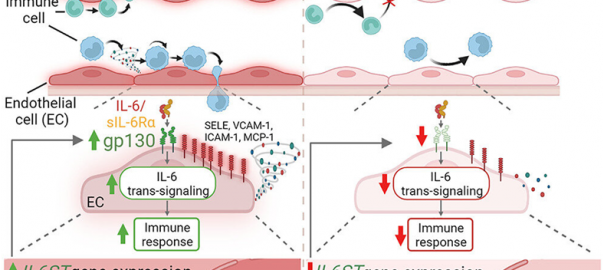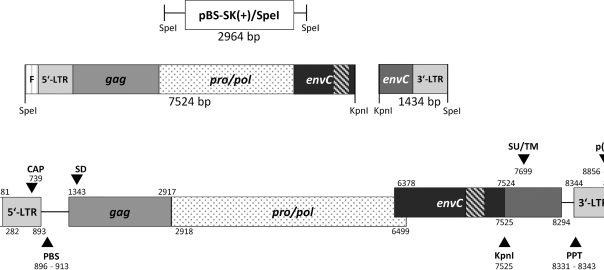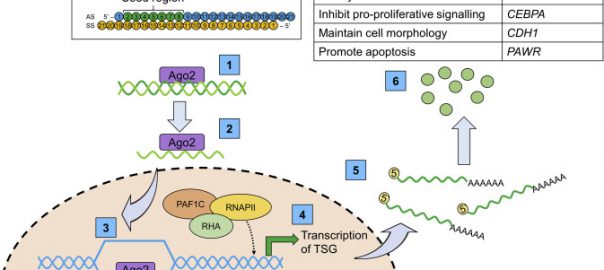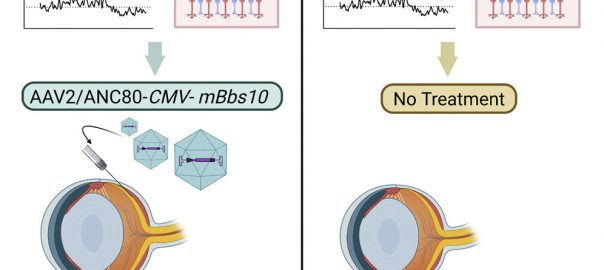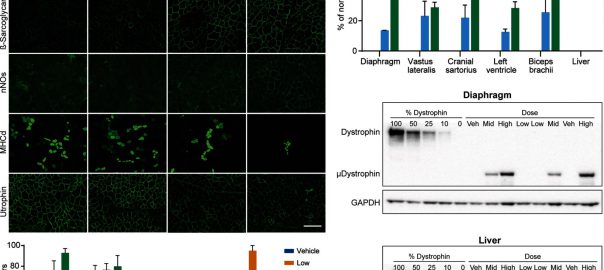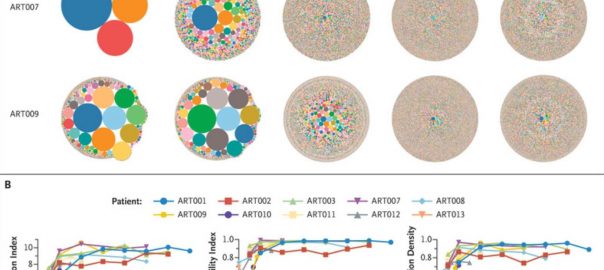Hepatocellular carcinoma (HCC), caused by increased obesity levels, poses a new health burden. However, there is currently a lack of optimal therapies for treating HCC. Tyrosine kinase inhibitors, including sorafenib, lenvatinib, regorafenib,Read More…
CRISPR-Cas9-Based Therapies Show Promise in Treating Adenovirus Infections
The CRISPR-Cas system, a DNA recognition tool, has rapidly advanced as a means of editing cellular DNA. In the engineered version, a single guide RNA (gRNA) guides Cas9 to the target sequenceRead More…
Gene Therapy for Hemophilia B Using Viral and Non-Viral Vectors
Hemophilia is a genetic disorder characterized by the deficiency of clotting factors, resulting in spontaneous or excessive bleeding during surgery or trauma. Hemophilia B is caused by the deficiency of clotting factorRead More…
The First Drug-Repeatable Gene Therapy—Beremagene Geperpavec (B-VEC)—Approved by FDA
The FDA approved Beremagene Geperpavec (B-VEC), also known by its trade name Vyjuvke, on May 19, 2023, for the treatment of dystrophic maculopapularity in patients aged 6 months and older with epidermolysisRead More…
A New Study Uncovers How RNA Editing Directs Immune Cells to Sites of Tissue Damage
In a recent study, researchers from the University of Heidelberg, Mannheim Medical School, and Newcastle University uncovered a novel mechanism of immune cell trafficking through the investigation of vascular disease. This knowledge mayRead More…
Gene-Edited Pigs May Avoid Viral Infections in Xenografts
Technological advances in organ transplantation have given hope to many patients with organ failure. However, the scarcity of organ donors remains a significant problem, resulting in many patients waiting for organ transplantsRead More…
Activating Oligonucleotide Technology as A Therapeutic Approach in Cancer
Cell growth is strictly regulated by tumor suppressor genes (TSGs), so that cells divide only when absolutely necessary and then respond to appropriate external signals, such as growth factors. In addition toRead More…
A Novel Gene Therapy May Effectively Delay Vision Loss in Bardet-Biedl Syndrome
Bardet-Biedl syndrome (BBS) is a classic ciliopathy. In this disease, mutations in genes essential for maintaining cilia function lead to cellular dysfunction in a variety of cell types, resulting in obesity, polydactyly,Read More…
AAV Delivery of Micro DMD Gene for the Treatment of Duchenne Muscular Dystrophy in GRMD Model
Duchenne muscular dystrophy (DMD) is a monogenic disease with a relatively high prevalence, caused by mutations in the gene encoding the anti-myotonic protein (Dystrophin) on the X chromosome, resulting in the failureRead More…
Novel Gene Therapy Holds Promise for Treating Children with Artemis-SCID
In a recent clinical study, researchers from the University of California, San Francisco, have pioneered a novel gene therapy that holds the promise of a healthier life for 10 young children whoRead More…

